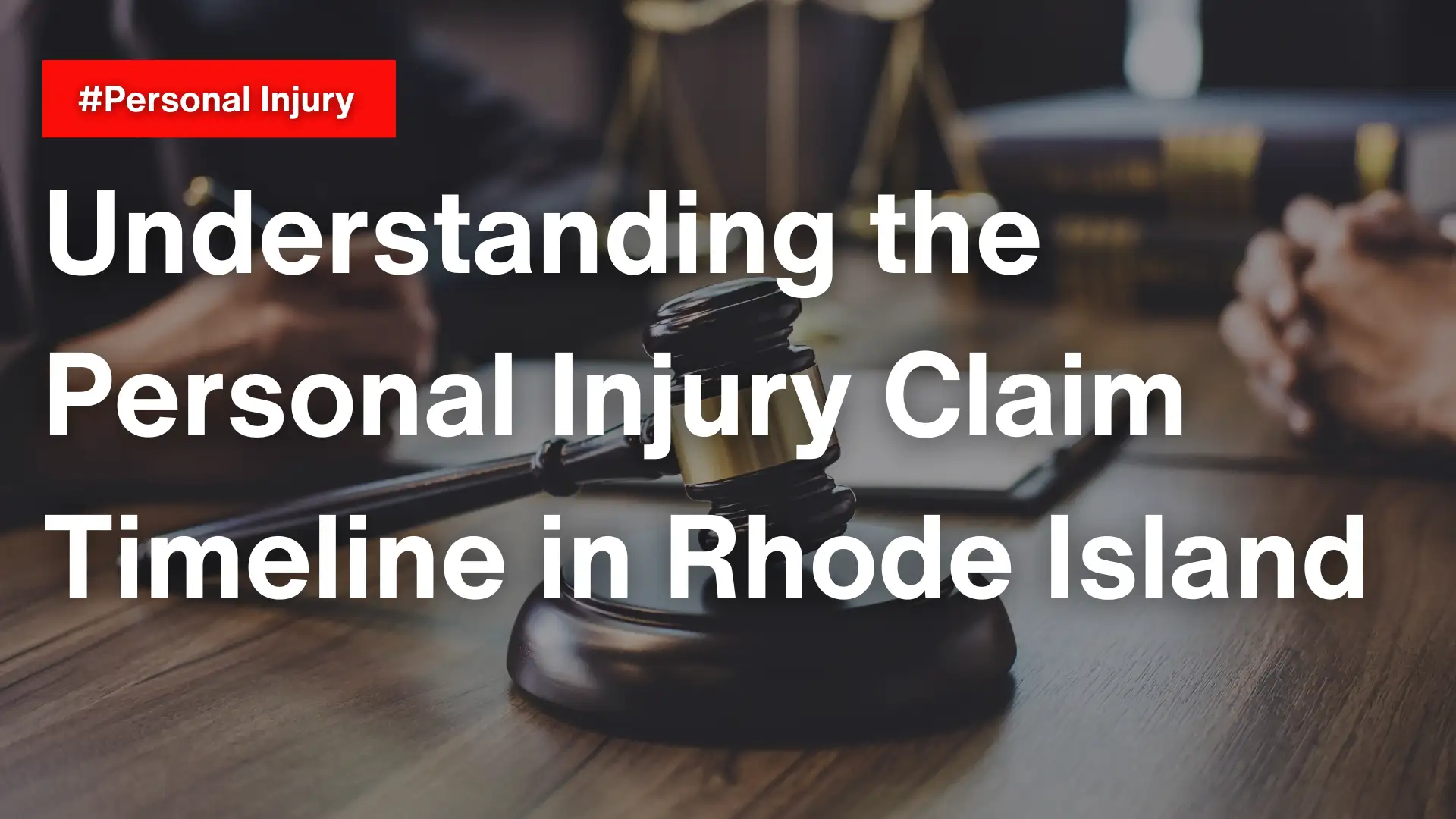 How long does a personal injury case take? Each case is different, and there’s no universal answer. The personal injury legal process involves several phases, and the personal injury lawsuit timeline can take months or even years, depending on the details of your claim. Knowing the injury claim stages and the legal steps after injury will help you set realistic expectations and make informed decisions, especially when you’re wondering, What is the average personal injury lawsuit timeline?
How long does a personal injury case take? Each case is different, and there’s no universal answer. The personal injury legal process involves several phases, and the personal injury lawsuit timeline can take months or even years, depending on the details of your claim. Knowing the injury claim stages and the legal steps after injury will help you set realistic expectations and make informed decisions, especially when you’re wondering, What is the average personal injury lawsuit timeline?
Overview of the Personal Injury Court Timeline
The personal injury case timeline includes a few stages, including:
- Filing a Personal Injury Complaint – Your attorney files the legal complaint in court, formally starting the lawsuit. This document outlines your injuries, describes the alleged negligence, and lists the compensation you’re seeking. The statute of limitations sets the injury claim deadline in Rhode Island. Under this law, you have three years from the accident date to file a lawsuit against the party that harmed you.
- Pre-Trial Negotiations and Discovery – Both sides exchange and disclose evidence in the pre-trial injury case stage and the discovery phase, which personal injury lawsuits rely on. This includes witness depositions, documentation, medical records, and expert reports. Both parties often engage in settlement negotiations injury case discussions to see if there’s a case resolution that avoids trial. Many cases resolve during negotiations without going to court.
- Settlement or Trial Phase – The case proceeds to the trial phase, which personal injury lawsuits often face. A judge or jury hears the evidence and delivers a verdict. This phase can take a while, as scheduling delays can affect the overall length of a trial.
- Post-Settlement or Post-Trial – The post-settlement injury case process begins once the case ends whether by settlement or trial verdict. This involves finalizing paperwork, paying out settlement or judgment amounts, and addressing any outstanding liens or legal obligations.
Step-by-Step Personal Injury Lawsuit Timeline
It’s helpful to break down the detailed legal steps after injury and get a closer look at the personal injury litigation steps that move your case forward, including:
- Initial Investigation – Your attorney gathers key facts about the incident, including police reports, witness statements, photographs, surveillance footage, and medical records. This stage allows your attorney to ensure they have the evidence to build a strong foundation for your claim.
- Case Evaluation – Your lawyer reviews the facts to determine if you have a valid legal claim. They assess the strength of the evidence, the potential legal challenges, and the likely value of your claim before recommending whether to pursue a formal case.
- Loss Determination – Your attorney calculates the full extent of your losses. This includes medical costs, future treatment expenses, lost wages, loss of future earning capacity, and pain and suffering.
- Fault Assessment – Your lawyer examines the circumstances of the accident and may consult experts to help determine if another party’s negligence or recklessness caused your injuries.
- Settlement Negotiations – Your attorney enters settlement talks with the opposing party or an insurance company. This can happen through informal discussions, written demands, or formal mediation. Many claims can reach an agreement during settlement negotiations without going to court.
- Personal Injury Lawsuit Initiation – If settlement negotiations fail, your lawyer formally files the complaint and launches the lawsuit process. They’ll draft the complaint, file it with the court, and serve the defendant with a limited response time.
- Trial Preparation – Your attorney prepares trial exhibits, organizes depositions, and creates their trial strategy before trial. This thorough preparation readies your legal team to present the strongest possible case if negotiations continue to stall.
- Post-Trial and Resolution – Your lawyer helps manage the final steps after the trial concludes. Even if you win, the post-settlement injury case process can take time, especially if the other side delays payment or challenges the verdict. Your lawyer will address any post-trial appeals or motions if the fight for personal injury compensation continues.
How Long Does a Personal Injury Lawsuit Usually Take?
Personal injury lawsuit duration depends on a few factors, which can make it challenging to predict exactly how long your personal injury case settlement might take. Straightforward cases may settle early and resolve in just a few months after the accident, while cases that require litigation or go to trial can take much longer, sometimes taking a year or more to resolve.
Key Factors That Influence the Personal Injury Case Timeline
 Knowing what can accelerate or delay your civil court injury case process helps you plan accordingly. Some influencing factors include:
Knowing what can accelerate or delay your civil court injury case process helps you plan accordingly. Some influencing factors include:
- Insurance Company Cooperation – Your case could resolve relatively quickly if the insurance company cooperatively offers a fair settlement early on. If the insurance company is difficult, low-balls settlement offers, or denies responsibility, the process could take longer.
- Medical Recovery Time – Medical recovery is one of the most essential factors in determining your case’s length. Your lawyer will often wait until you reach maximum medical improvement so your doctor can provide a clear picture of your long-term prognosis and treatment needs once your condition stabilizes.
- Injury Severity – The severity of your injury impacts both the length of treatment and how long it takes to assess the full extent of your losses. Severe or long-term injuries often require extended medical treatment and rehabilitation.
- Liability Disputes – Disputed liability means that the defendant or their insurance company denies responsibility or blames you for the accident. This often leads to more extensive investigations and potentially delays settlement negotiations or trial scheduling.
- Parties Involved – Involvement of multiple parties in a claim can make it difficult to estimate when your claim will end. These cases may require additional investigation, negotiations, and settlement time. That’s partly because each party’s insurer or legal team will get involved.
- Pre-Existing Medical Conditions – The defense may argue that your injury is related to a pre-existing condition rather than the accident. They might request medical records and expert opinions to show that the injuries you claim were already present. Requests such as these can delay the case.
Please read more about a personal injury case trial here: Judge Vs. Jury Trials in Personal Injury Accident Cases
Contact an Experienced Rhode Island Personal Injury Lawyer Today
Dealing with an injury claim while recovering from an injury is a lot to handle. You don’t have to do it alone. At Law Offices of Ronald J. Resmini, Accident & Injury Lawyers, Ltd., we take the stress off your shoulders and put our experience to work for you. We fight for your future while you focus on healing and recovering. From fast-tracking your case to negotiating a fair settlement, we’re here to fight for what you need. We’ll be by your side every step of the way. Don’t delay. Our team is here to help you understand your rights and take the first step toward securing the necessary benefits. Call us now at (401) 444-4444 or contact us online today for your free case consultation with a Rhode Island personal injury lawyer.
